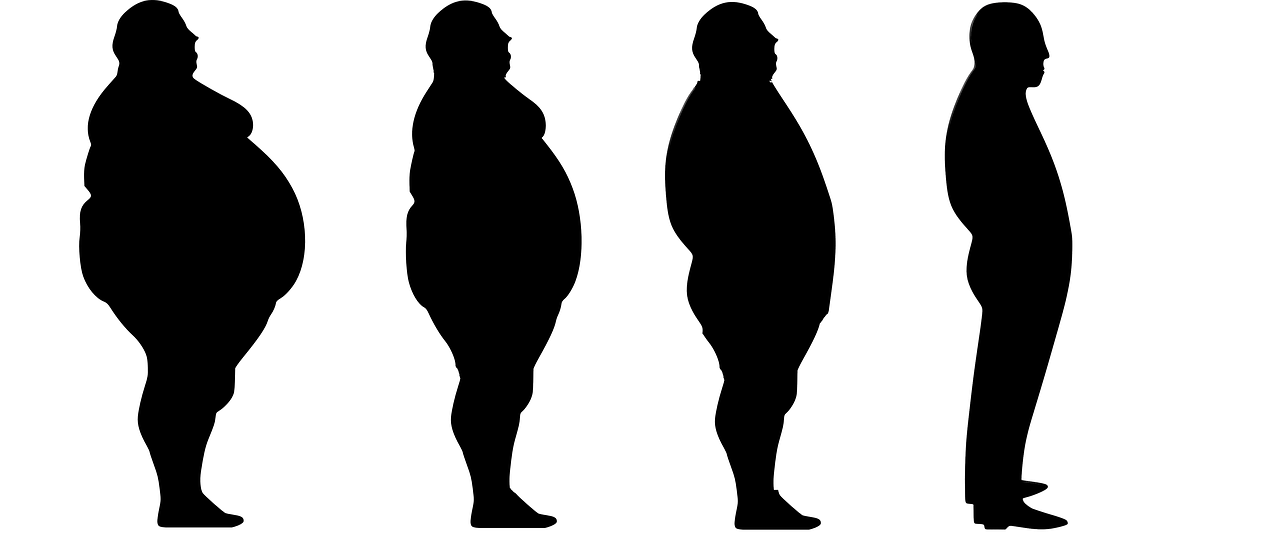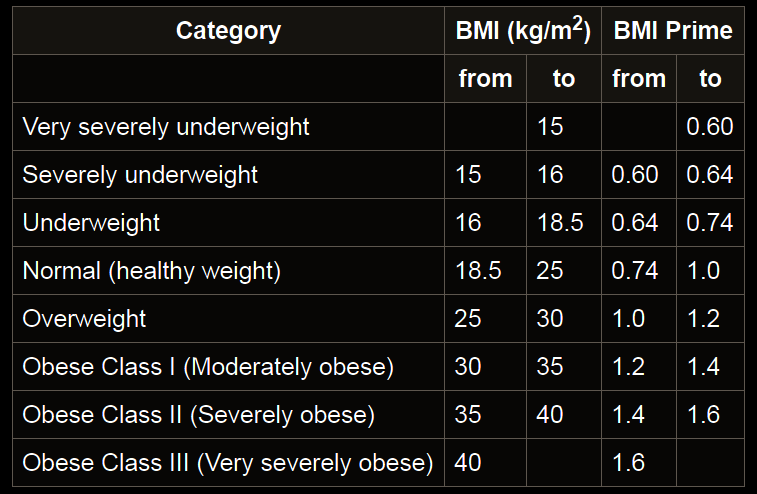Overweight and Obesity are two words that has been used very commonly nowadays. We have seen many people using them interchangeably too. But they are different. What are the similarities or differences between overweight and obesity? What are they? Let us sink deep into these subjects and understand what exactly overweight is, obesity is, what its causes are, how to determine overweight and obesity, its similarities and also differences. While learning this, Body Mass Index is non-avoidable, and thus has explained that too.
What is overweight?
Overweight is the weight that is more than the normal weight. There is a specific limit for the weight to increase according to the age and height of a person. The weight that is more than that specific limit is overweight. Fat is required by the human body for the proper functioning of the all systems such as reproductive, immunity, energy release etc. But this same fat when becomes excess than that required, then that person is said to be overweight.
What is Obesity?
Obese means excessive fat. Obesity is the condition of the body which is more than the overweight limit. A person who even exceeds the overweight limit is said to be obese. Obesity is more dangerous than overweight. The weight of obese people will be much more than the normal weight of that person.

Causes of Overweight or Obesity
The causes of being overweight or obese can be similar. The imbalance with the calorie intake and metabolic rate can be the main reason for being so. The whole world is behind the reasons of being fat. But the hardest and funniest fat is that, when we look into the world, we tend to forget to look onto ourselves gaining weight.
Let us look into the main causes of being overweight or obese:
- Poor diet: The improper intake of more calorie foods on a regular basis with low metabolic rate can lead to overweight and then to obesity at a fast rate. The improper food intake at improper quantity and quality are the basic route line of this.
- Lack of physical activity: The metabolic rate can slow down when the physical activity is less. Due to the technology development and other discoveries, man has become very reluctant to move or engage in any kind of physical activities.
- Genetics: it plays a vital role in being obese as the genes are well acquainted with that. That is the quick absorption of fat and storage absolutely depends on hereditary facts. Lack of exercise and improper food intake can make such people obese very quickly.
- External factors: External factors are those factors that which named to be environmental factors. The factors such as no time and space for exercise, excess quantity of high calorie food, tempting advertisement for non-healthy and fatty foods and non-availability of healthy organic products are meant with the term external factors.
- Medications: Certain medications can lead to obesity or over weight. The anti-depressants, steroids etc. are weight boosters. But those medicines are unavoidable for the particular medical condition.
- Health or hormonal imbalances: The hormonal imbalances or other health condition can lead to obesity. The thyroid hormones and certain other hormones raise the body weight at a very faster rate than we can think of.
- Mental distress: The mental depressions, stress, loneliness etc. can cause such individuals to build up their weight. However, we have seen that the medications can increase the weight. These mental disorders and such mood swings can make the individual eat high calorie food in large quantities, which obviously gains weight.
- Sleeping disorders: Sleeping disorders resulting in less sleep or no sleep also results in weight gain. It is proved by different studies that sleeping and weight gain are inter-linked. Those who do not get sufficient sleep have the tendency of weight gain.
How to determine Obesity and Overweight?
We were continuously talking about excess weight and normal weight. But how to determine whether you are obese or overweight? The only answer to this is Body Mass Index. This chart helps to know where you stand.
Let us have a look on to the Body Mass Index:
What is Body Mass Index?
Body Mass index is the measuring of body fat by calculating with one’s weight and height. BMI is universal and it has a unique way to calculate it. It has a chart that determines and classifies the group to which each individual belong. It is under weight, normal, overweight and obese. By deriving such a body mass, it is easy for a person to understand in which class he/she belongs. Refer the body mass index table image given below:
BMI Chart

Reference : http://en.wikipedia.org/wiki/Body_mass_index
How is BMI calculated?
Body Mass index is calculated with a universal formula. It is calculated with the weight in Kilograms and height in metres. The exact formula for finding the BMI is
BMI= Weight in Kilograms/ (Height in meters* Height in meters)
The Body mass index thus calculated can be compared with the help of the table, which is given above.
History of BMI
Body Mass Index idea evolved from the Quetelet Index of Obesity, which was formulated by Mr. Adolphe Quetelet during the eighteenth century. Adolphe Quetelet was a Belgian who was famous as an astronomer, statistician, mathematician, and sociologist too.
Later in 1972, Ancel Keys in the Journal of Chronic Diseases came up with the term Body mass Index and it formula. As the obesity was going high day by day, the term obesity and its measurement also attracted much significance. The formula for finding BMI was quite simple and that simplicity has made it wide spread.
Overweight Vs Obesity
Similarities
- Obesity and overweight, are both expressing the excess weight of an individual
- Pre-obese and overweight are both the same
- Both obesity and overweight are dangerous.
- The causes of both of them may be similar.
- The effect or impact on health of both of them can also be the same.
Differences
- Obesity is more dangerous than overweight.
- A person is said to be obese when his BMI is over 30 and he is overweight wen the BMI is between 25 and 30.
- Overweight is a condition whereas obesity is considered to be a disease.
- Effects of Obesity is more than effects of overweight
- Obesity is one of the reasons for death that could have been prevented. Over weight is not a contributor to the mortality rate even though it creates lot of health issues.
- Overweight is being wide-spread as it exists world-wide but obesity is more visible in United States, United Kingdom, Australia, China etc.
